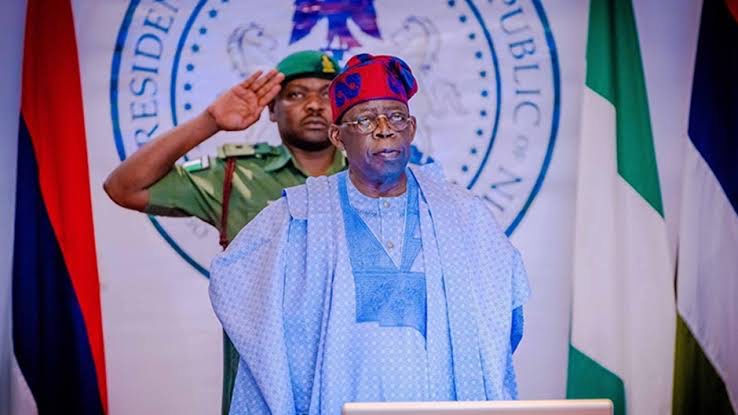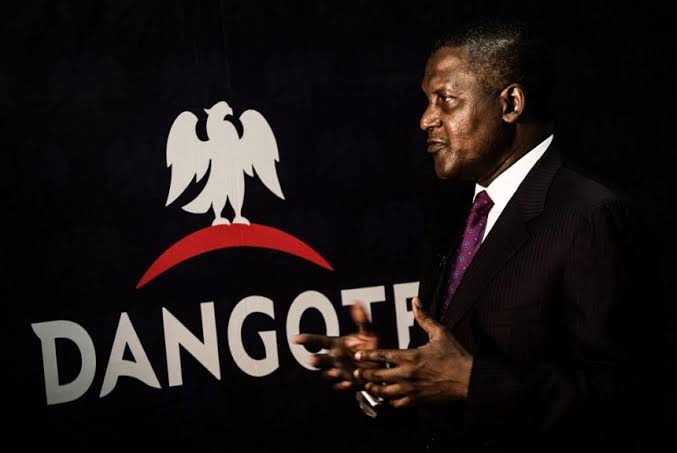
Bola Ahmed Adekunle Tinubu, born on March 29, 1952, is a prominent Nigerian politician who currently serves as the 16th and current President of Nigeria, having assumed office in May 2023. His extensive political career includes significant roles as a senator, a two-term governor of Lagos State, and a foundational figure in the ruling All Progressives Congress (APC).
Early Life and Education:
Born into a Yoruba family in Lagos, Nigeria, Tinubu’s early education began at St. John’s Primary School, Aroloya, Lagos, and Children Home School in Ibadan. In 1975, he moved to the United States for higher education. He first attended Richard J. Daley College in Chicago before transferring to Chicago State University, where he excelled academically, graduating with honors in Accounting in 1979. During his studies, he supported himself through various jobs, including as a dishwasher, night security guard, and cab driver.
Early Career:
After graduating, Tinubu embarked on a career in the corporate sector. He worked as an accountant for prestigious American companies such as Arthur Andersen, Deloitte, and GTE Services Corporation. His experience at Deloitte included auditing and management consultancy for Fortune 500 corporations. He also served as a consultant for Saudi Aramco’s joint venture partner, National Oil. In the 1980s, he returned to Nigeria and joined Mobil Producing Nigeria Unlimited (now Seplat Energy), where he rose to the position of senior company executive and treasurer.
Political Career and Activism:
Tinubu’s entry into politics began in 1991 when he joined the Social Democratic Party (SDP). In 1992, he was elected to the Nigerian Senate, representing the Lagos West Senatorial District. In the Senate, he chaired the Committee on Banking, Finance, Appropriation, and Currency.
Following the annulment of the June 12, 1993, presidential elections, Tinubu became a founding member of the National Democratic Coalition (NADECO), a pro-democracy group that actively campaigned for the restoration of democracy and the recognition of Moshood Abiola as the rightful winner of the election. His strong opposition to the military regime led to his forced exile in 1994. He returned to Nigeria in 1998 after the death of military dictator General Sani Abacha, which ushered in the transition to the Fourth Nigerian Republic.
Governor of Lagos State (1999-2007):
In the run-up to the 1999 elections, Tinubu emerged as a prominent figure within the Alliance for Democracy (AD) party. He successfully contested and won the Lagos State governorship election, serving two terms from 1999 to 2007. His tenure as governor is widely recognized for significant reforms and developments in Lagos State, which transformed it into a model of economic self-sufficiency. Key achievements include:
- Fiscal Ingenuity: Dramatically increasing the state’s Internally Generated Revenue (IGR) from approximately N600 million to about N10 billion by the time he left office, making Lagos the largest subnational economy in Africa.
- Infrastructure Development: Initiating numerous new road construction projects and urban renewal efforts to meet the needs of the rapidly growing population.
- Healthcare Reforms: Establishing additional general hospitals, upgrading facilities at the Lagos State University Teaching Hospital (LASUTH), and introducing free healthcare services, including the popular “Jigi Bola” (free eye treatments and glasses) program.
- Transportation Initiatives: Pioneering the Bus Rapid Transit (BRT) System and establishing the Lagos State Traffic Management Authority (LASTMA) to improve traffic flow.
- Education Sector Growth: Making substantial investments in education, including the construction of new model schools and the establishment of the Lagos State University College of Medicine (LASUCOM).
- Public-Private Partnerships (PPPs): Instituting a robust PPP model that attracted private sector investments, notably in critical infrastructure projects like the Lekki-Epe Expressway.
- Security and Justice: Establishing the Rapid Response Squad (RRS) and the Lagos State Security Trust Fund (LSSTF) to enhance security and support judicial reforms.
Post-Governorship and APC Formation:
After leaving office in 2007, Tinubu remained a powerful and influential figure in Nigerian politics. He played a pivotal role in consolidating opposition parties, which culminated in the formation of the All Progressives Congress (APC) in 2013. This “mega-party” was a merger of Nigeria’s three largest opposition parties at the time – the Action Congress of Nigeria (ACN), the Congress for Progressive Change (CPC), and the All Nigeria Peoples Party (ANPP), along with a faction of the All Progressives Grand Alliance (APGA). As a national leader of the APC, he was instrumental in the party’s historic victory in the 2015 presidential election, which saw Muhammadu Buhari unseat an incumbent president for the first time in Nigeria’s democratic history.
Presidency (2023-Present):
On January 10, 2022, Bola Ahmed Tinubu formally announced his candidacy for the Nigerian presidency. He secured the APC party’s presidential ticket on June 8, 2022, and was subsequently declared the winner of the 2023 presidential election by the Independent National Electoral Commission (INEC) on March 1, 2023. He assumed office as the 16th President of Nigeria on May 29, 2023. His administration’s “Renewed Hope” agenda is focused on addressing Nigeria’s multifaceted challenges, including economic instability and insecurity. Early policy decisions of his presidency included the removal of fuel subsidies and the unification of the foreign exchange market.
Bola Ahmed Tinubu’s journey reflects a strategic political mind, a tenacious spirit, and an undeniable impact on Nigeria’s political evolution.








Nigeria Unveils N70 Billion Road Project to Boost Regional Trade with Cameroon – Nigeriawide.com
[…] State in Nigeria directly to Cameroon, promising a new era of economic prosperity under President Bola Ahmed Tinubu’s […]